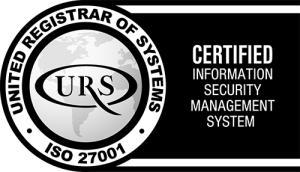Drug Therapy
Aim:
Use drugs to treat the various aspects of disease pathology.
Background:
Due to the loss of dystrophin, patient’s muscle fibers are continuously damaged during exercise. Lost muscle tissue is replaced by scar tissue (‘fibrosis’) and fat tissue (“adiposis”). This process is irreversible and is exacerbated by an immune response that is initiated by the muscle damage. Drugs can help to increase muscle growth, to compensate for the lost muscle tissue. Alternatively, they can suppress the immune system or inhibit scar tissue formation.
Disadvantage:
The drugs only treat the symptoms of the disease, not the cause. Nevertheless, when successful, this can slow down disease progression.
Advantage:
Generally drugs can be taken orally and act on all muscles in the body (no delivery problems as observed for gene and cell therapy). Sometimes drugs already used to treat other diseases can also be used to treat Duchenne patients. This speeds up the transition to clinical application, since a lot of information is already known for the drug (e.g. toxicity, dose etc).
There is a vast number of drugs that are reputedly beneficial in Duchenne patients and/or dystrophic mouse models. In this section we list the ones that have been tested in patients and the ones that gave very promising results in mouse models.

